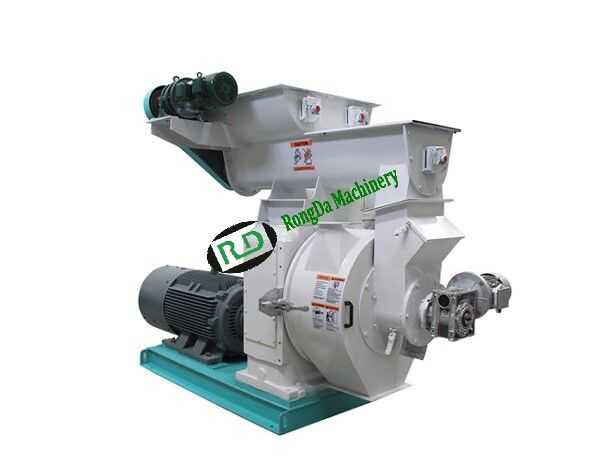Welcome to Rongda Machinery Co., Ltd
Toggle Navigation
As global concern for environmental sustainability intensifies, the efficient management of agricultural waste has become a critical issue. Among various agricultural byproducts, straw—often produced in vast quantities—poses a significant challenge for disposal and reuse. In response, straw pellet machines have emerged as a practical and eco-friendly solution. This article examines the technical advantages of straw pelletizing technology and its potential role in fostering sustainable agriculture, clean energy, and environmental stewardship.

Straw pellet machines are designed to process loose straw into high-density pellets by crushing, compressing, and molding the raw material. This transformation not only reduces the physical volume of straw but also boosts its calorific value, making it a viable alternative to fossil fuels. Unlike open burning or simple decomposition—methods that often contribute to pollution—pelletized straw can be efficiently used in domestic heating systems and industrial boilers, unlocking its full energy potential.
Conventional straw burning is a major source of air pollution, emitting substantial amounts of carbon monoxide, particulate matter, and other harmful gases. Pelletizing straw, however, offers a much cleaner combustion process. Straw pellets produce significantly lower emissions, thereby reducing the environmental footprint. Moreover, the pelletizing process allows for the integration of other biomass materials, such as sawdust or agricultural residues, which can further enhance energy output and environmental performance.
Beyond environmental benefits, straw pellet machines create new economic opportunities for farmers and agribusinesses. Converting waste straw into a marketable fuel product can generate additional income without requiring extra investment in land or planting. With the global biomass fuel market expanding, straw pellets are increasingly in demand, presenting profitable avenues for both smallholder farmers and large-scale operations. This trend also contributes to rural economic revitalization, promoting inclusive growth and resource optimization.
In addition to energy generation, straw pellets can be repurposed as organic fertilizer, contributing to soil enrichment. When returned to the soil, these pellets decompose gradually, improving soil organic content, water retention, and nutrient availability. This practice not only boosts crop yield and quality but also supports long-term soil regeneration and ecological balance, making straw pelletization a multi-benefit approach to circular agriculture.
Modern straw pellet machines have evolved significantly, incorporating smart automation and adaptive control systems that fine-tune the pelletizing process based on input material characteristics. These advancements have enhanced the machines’ efficiency, durability, and ease of operation, allowing users to meet increasing demand while minimizing operational complexity. As biomass energy technologies continue to mature, the application scenarios for straw pellet machines are expected to expand across sectors such as greenhouse heating, livestock bedding, and waste-to-energy initiatives.
Straw pellet machines represent a transformative solution at the intersection of agriculture, clean energy, and environmental protection. By converting agricultural waste into valuable resources, they contribute not only to energy diversification and emissions reduction but also to rural development and ecological resilience. As technological progress continues to accelerate, straw pellet machines are poised to play an increasingly vital role in promoting sustainable farming practices, green income generation, and integrated rural-ecological development.